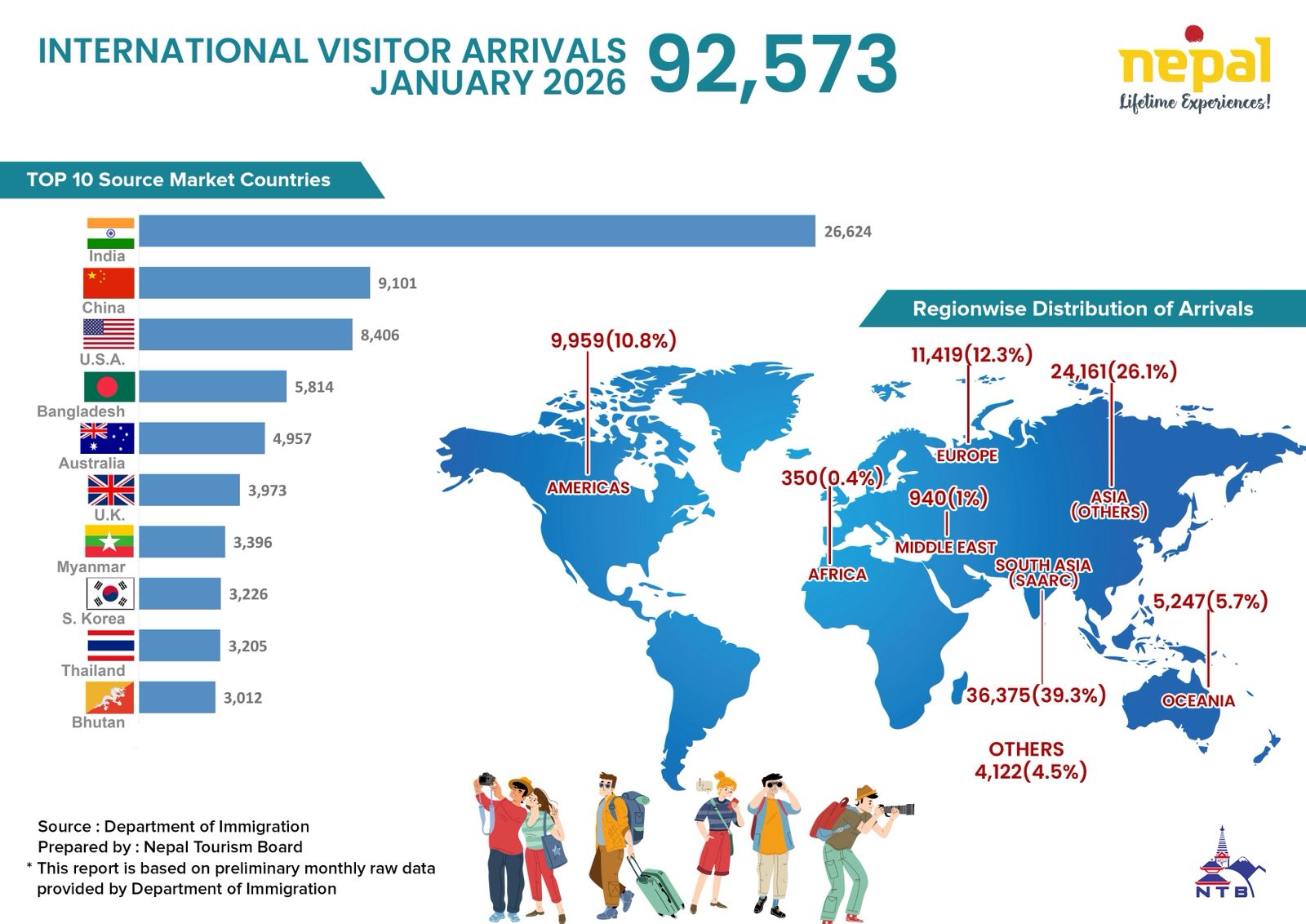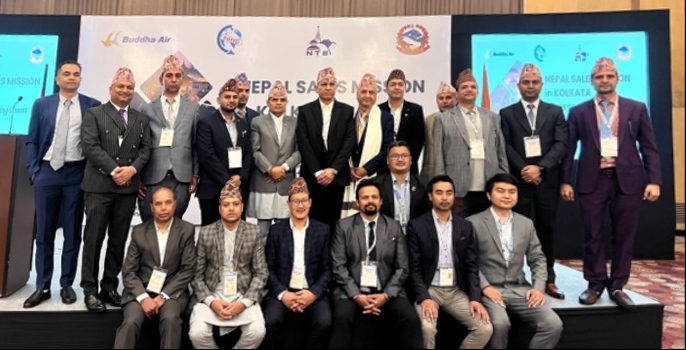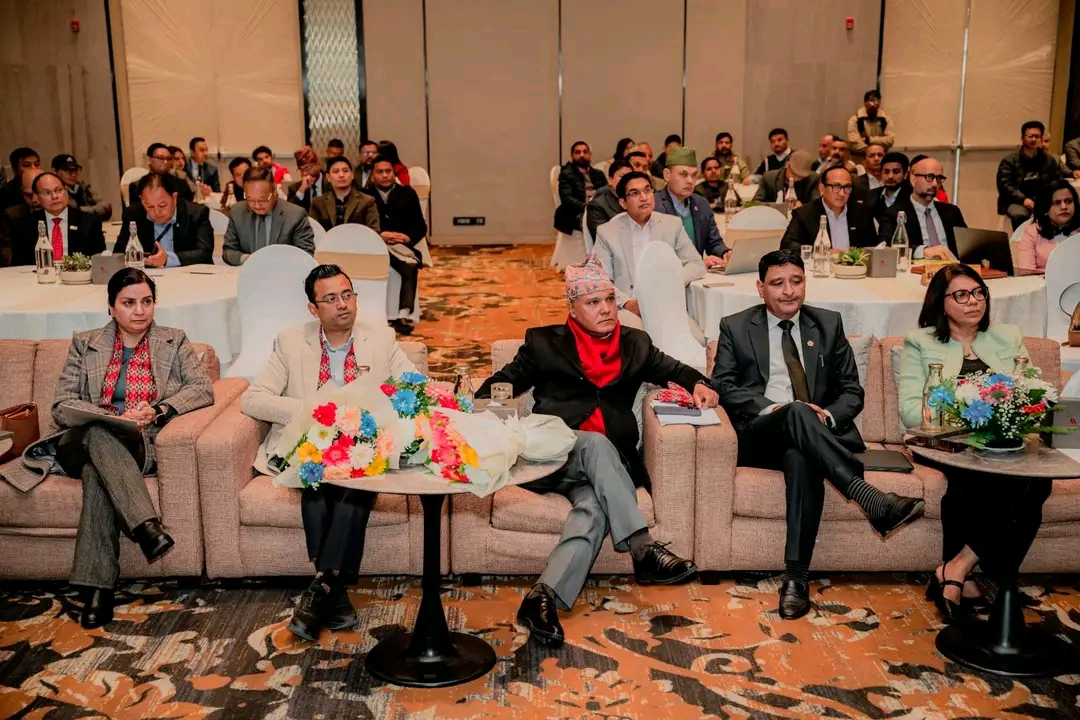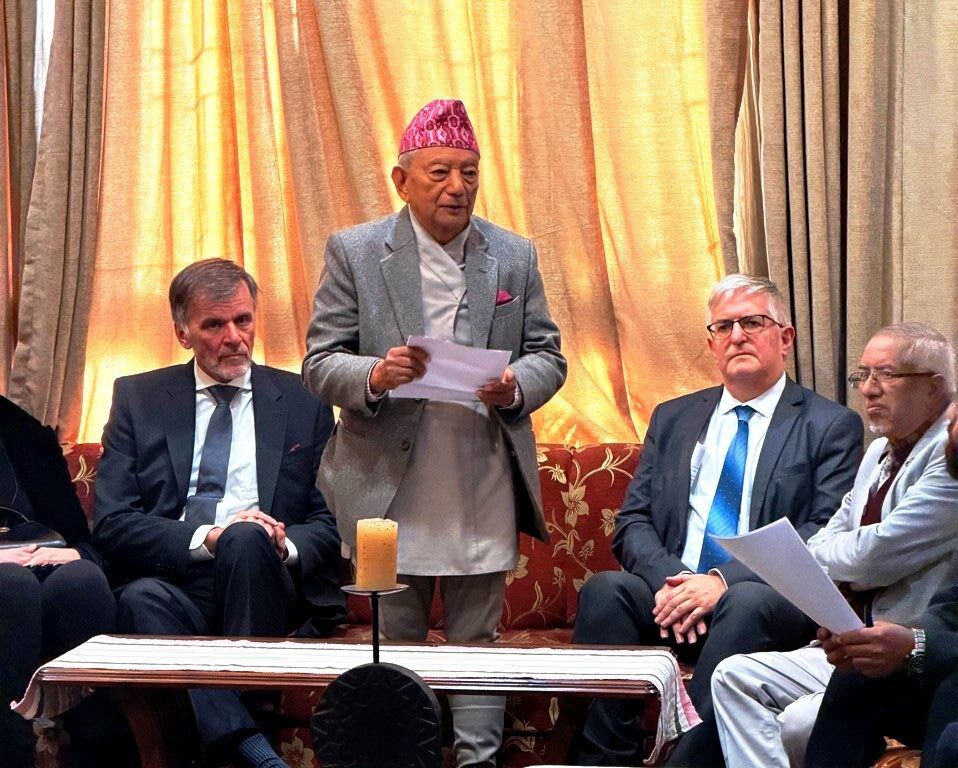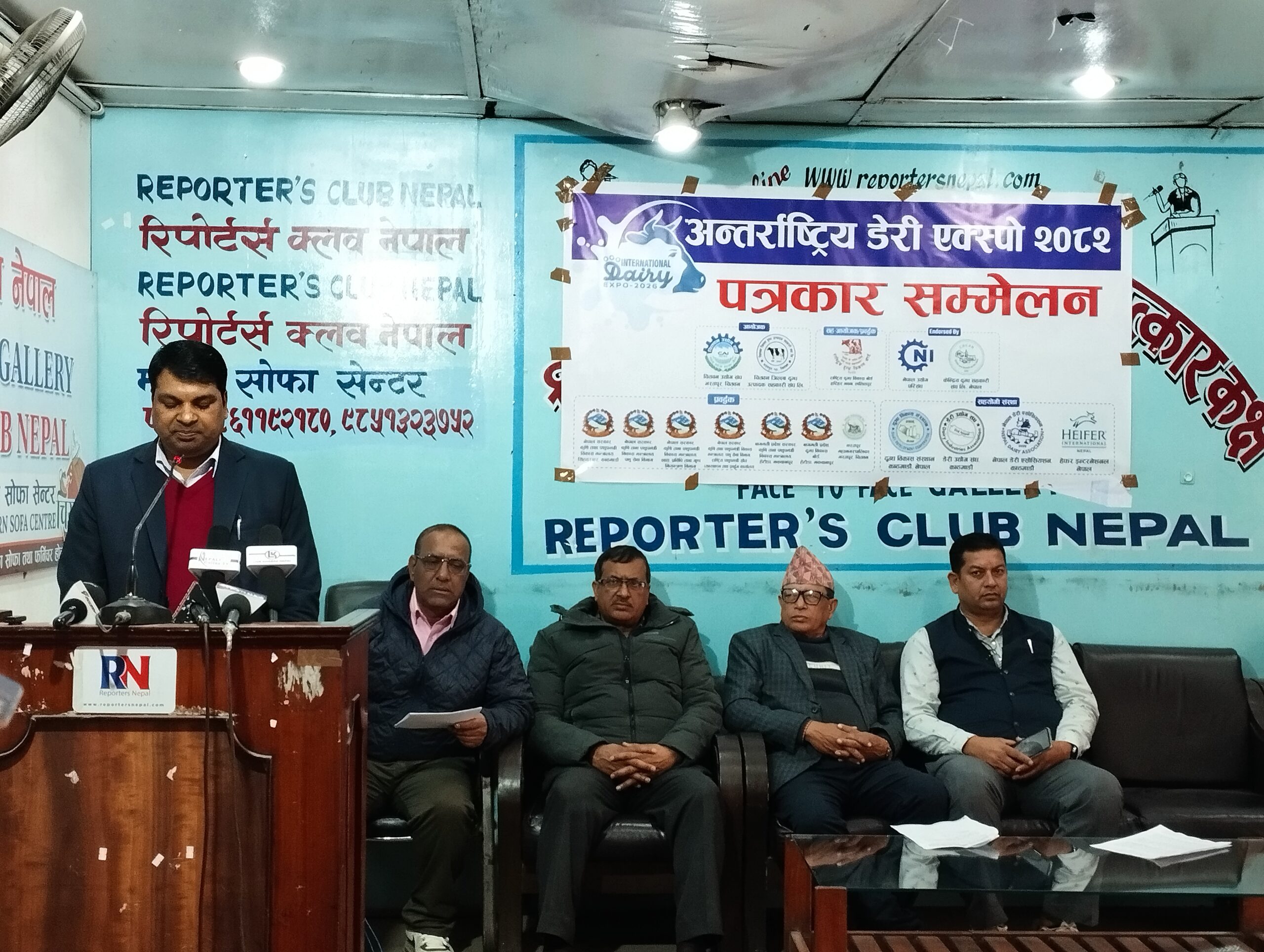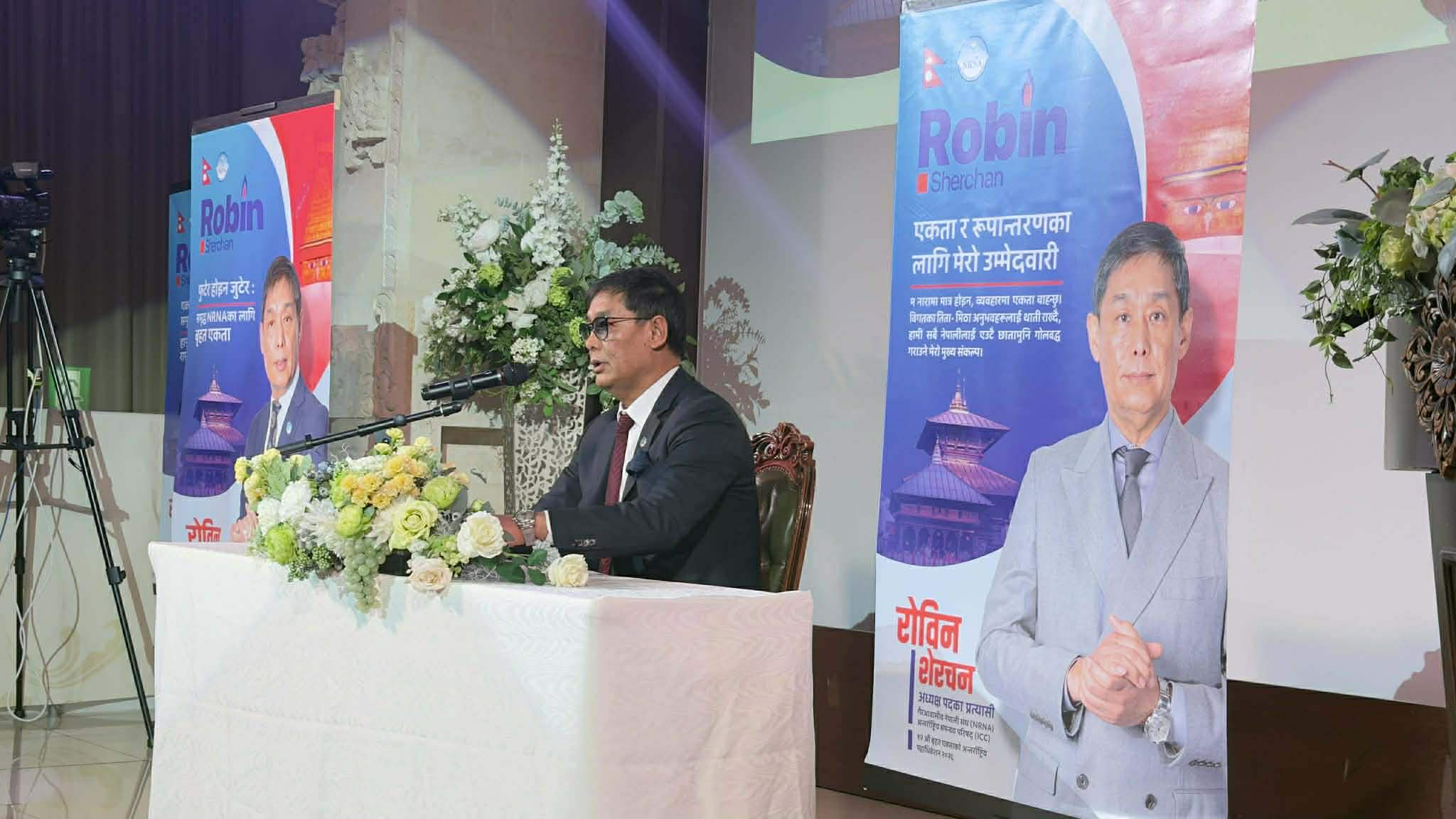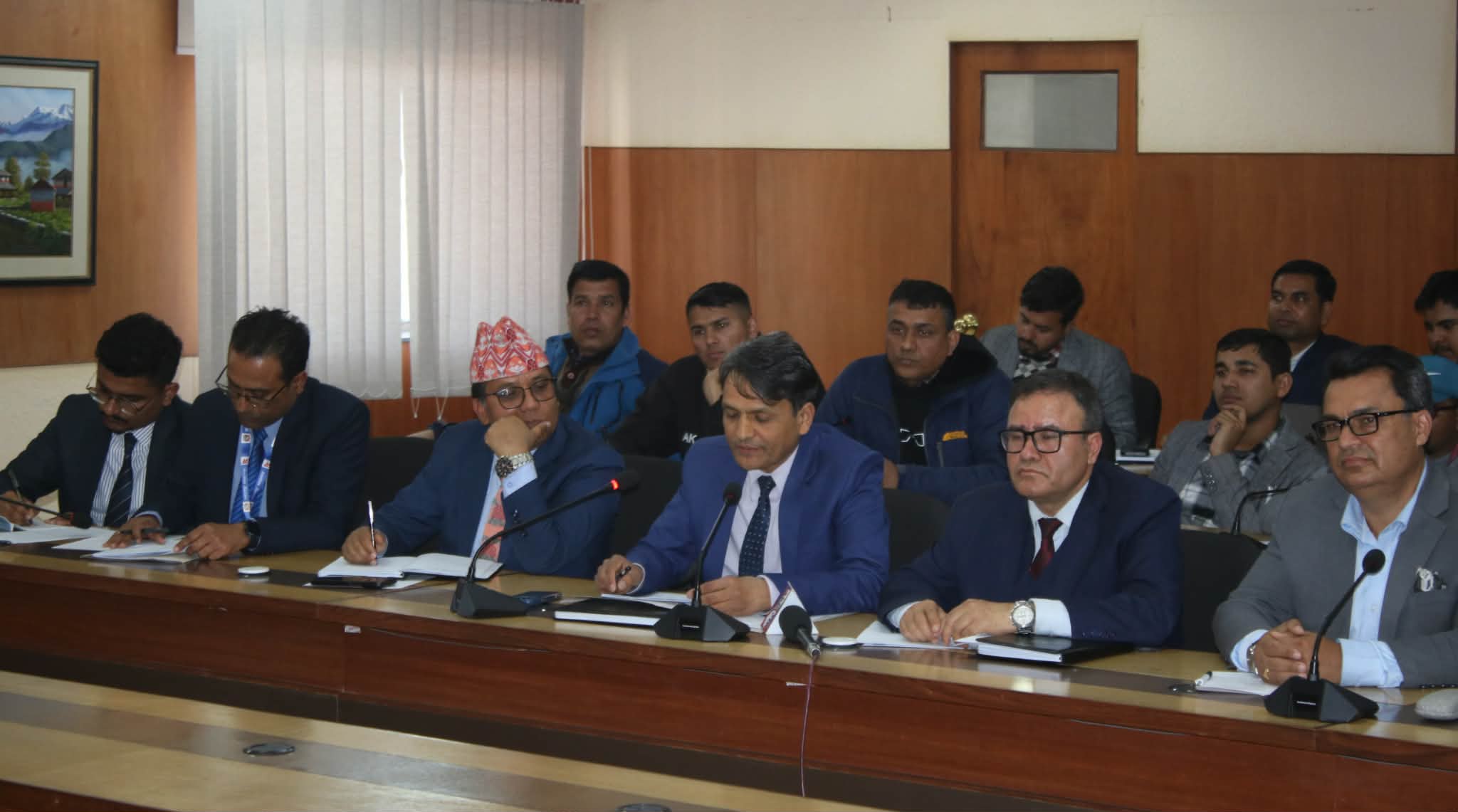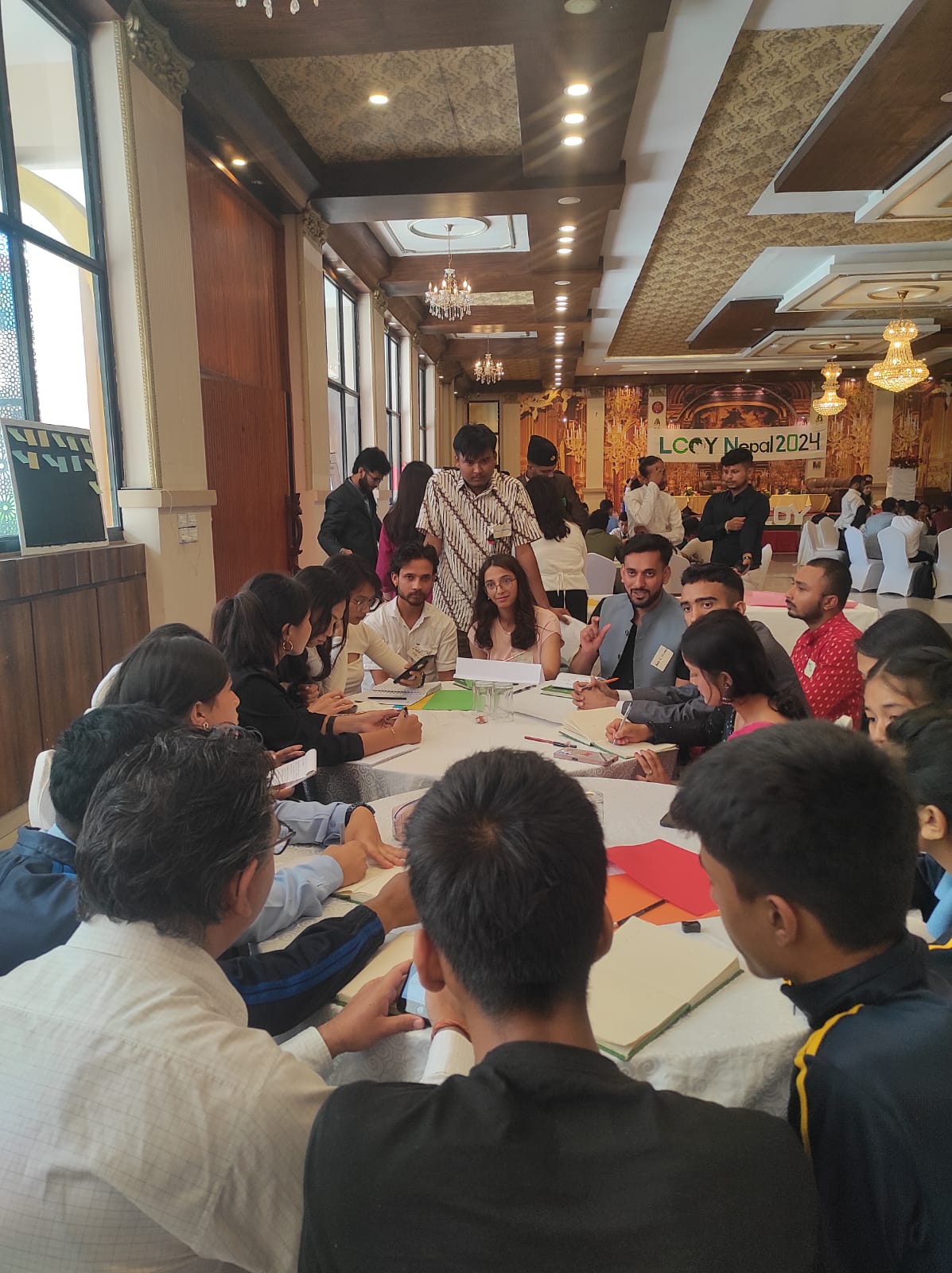
Climate Action and advocacy cannot stand tall without the engagement of Children and Youths. We emphasize that policies and campaigns should be launched considering what the next generation demands for. “Nothing about us, without us”. We demand for the inclusive engagement of children and youth into climate policies for a stronger climate action.
Dedicated section for children and youth: We demand for a dedicated section for children and youths in the climate policies in order to address their specific needs and concerns to combat the climate crisis.
Youth engagement in policy building: We demand for the inclusive representation of children and youth in the policy building processes in all three tiers of government from the planning to monitoring; the diversity and inclusion of young people should be ensured. Youths at the table of decision making and climate negotiations.
Children and youth friendly and responsive policies: Children and youth are the key stakeholders and agents of change. Therefore, policies should be children and youth friendly with long term and short term targets.
Youth mobilization on the ground: Special initiative should be taken by the local level government to mobilize and engage the young people in the planning and implementation phase. Local levels should form child and youth clubs in the mobilization process.
Indigenous knowledge and practices for climate resilience: The large pool of climate resilient and sustainable indigenous knowledge and practices honing from the diverse ethnic and cultural backgrounds of Nepal has not yet been recognized. We call on the government and concerned authorities to document and share those valuable assets to other people.
Integrated approach to mainstream indigenous knowledge and practices: Indigenous knowledge encompasses ancient, intergenerational wisdom that is inherently flexible, fluid, and adaptive. Rooted in deep relationships with the land and all living beings, this knowledge continuously evolves in response to the natural world. Such responsiveness makes Indigenous knowledge particularly valuable for developing and advancing effective climate solutions. Indigenous knowledge and practices should be recognised, restored, documented & integrated along with the modern scientific knowledge and practices including the policies for building a safer, resilient and sustainable future.
Circular Economy: Indigenous knowledge and practices are more environment friendly and sustainable. Thus, these indigenous and local enterprises should be promoted to all communities across all geographical regions. This will uplift their livelihood and contribute towards the national economy.
Ensuring Indigenous Peoples Right and Participation of Indigenous People: Indigenous Peoples, as custodians of unique knowledge and practices vital for effective climate solutions and environmental services, must have their rights fully recognized. Climate negotiations must urgently address historical inequalities reinforced by climate change by ensuring effective participation and direct funding access for Indigenous peoples, whose invaluable knowledge systems and resilient worldviews are essential for a hopeful future.
Space for the Indigenous Youth: Indigenous youth, stressing that climate change is a matter of life and death, urgently call for genuine, rights-based commitments and the creation of culturally appropriate decision-making spaces to ensure their full participation and direct access to climate finance and decision making spaces.
Intergenerational Knowledge Exchange and Recognition of Knowledge Keepers: Through Indigenous elders and knowledge-keepers guidance, New generation can learn a holistic understanding of sustainable living, biodiversity conservation, and the importance of preserving ecosystems.The invaluable environmental knowledge of Indigenous Peoples, shared intergenerationally, is crucial for climate change science, policy, and action, enabling young people to monitor conditions and understand climate shifts for sustainable livelihoods.
Addressing Climate Loss and Damages : Children and youth are on the frontline of the adverse impacts due to changing climate. Despite their minimal contribution, they are the one who bears the severe loss and damages. Therefore, we urge upon all to address adverse impacts upon children and youth.
Planned and sustainable development: We demand for planned and sustainable development and development in order to mitigate the severe impacts.
Early warning and weather monitoring systems: Effective remote sensing and data satellite provisions should be developed for effective immediate response.
Evidence based climate action: Plans and policies when developed should integrate and be based on scientific data and evidence.
Dedicated finance for children and youths: The government should allocate dedicated financial resources for addressing the special needs and requirements of the young people through national and international funds. .
Climate Finance: The current financial mechanism of Nepal is not accessible to the targeted and vulnerable communities which has ultimately reduced the effectiveness of these funds. We call for accessible climate finance and financial mechanisms to support youth led innovations and actions with easy and simplified climate financing mechanisms.
Together we can create a sustainable and resilient future, one where the undermined voices of the younger generation are addressed.



